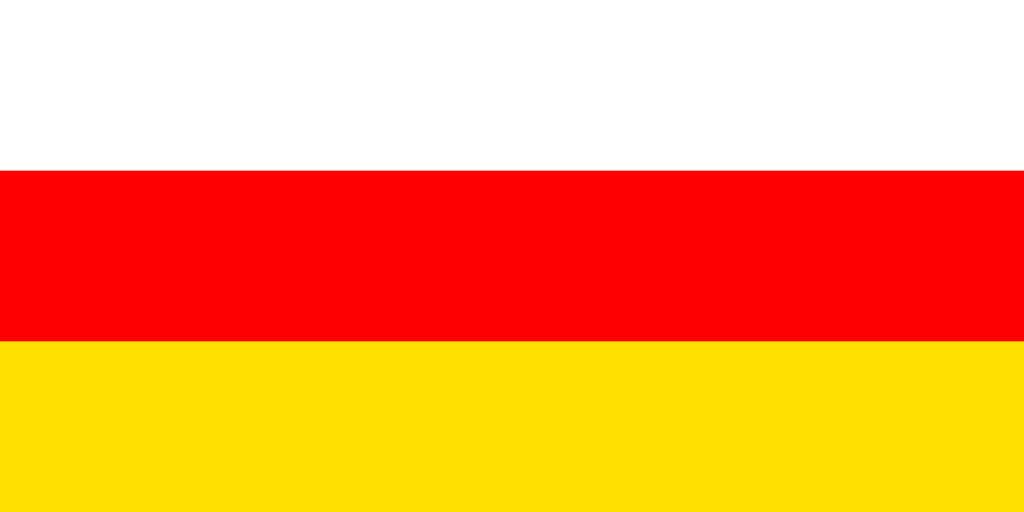
South Ossetia
Public Asia
Public Asia
Active 2 years ago
South Ossetia ( o-SET-ee-ə, less common: /ɒˈsiːʃə/ (listen) o-SEE-shə), officially the Republic of South... View more
Public Asia
Group Description
South Ossetia ( o-SET-ee-ə, less common: /ɒˈsiːʃə/ (listen) o-SEE-shə), officially the Republic of South Ossetia – the State of Alania, is a breakaway state in the South Caucasus.It has an officially stated population of just over 53,000 people, who live in an area of 3,900 square kilometres (1,500 sq mi), on the south side of the Greater Caucasus mountain range, with 30,000 living in the capital city, Tskhinvali. Russia, Venezuela, Nicaragua, Nauru, and Syria recognise South Ossetia as a sovereign state. Although Georgia does not control South Ossetia, the Georgian government and the United Nations consider the territory part of Georgia, whose constitution designates the area as “the former autonomous district of South Ossetia”, in reference to the South Ossetian Autonomous Oblast disbanded in 1990.
Georgia does not recognise the existence of South Ossetia as a political entity, and the territory comprising South Ossetia does not correspond to any Georgian administrative area (although Georgian authorities have set up the Provisional Administration of South Ossetia as a transitional measure leading to the settlement of South Ossetia’s status), with most of the territory forming part of the Shida Kartli region. When neutral language is deemed necessary, both Georgia and international organisations often refer to the area informally as the Tskhinvali region.
The South Ossetian Autonomous Oblast, established by Soviet authorities in 1922, declared independence from the Georgian Soviet Socialist Republic in 1991. The Georgian government responded by abolishing South Ossetia’s autonomy and trying to re-establish its control over the region by force.[10] The escalating crisis led to the 1991–1992 South Ossetia War. Georgians have fought against those controlling South Ossetia on two other occasions: in 2004 and in 2008. The latter conflict led to the Russo-Georgian War of August 2008, during which Ossetian and Russian forces gained full de facto control of the territory of the former South Ossetian Autonomous Oblast. Since the 2008 war, Georgia and a significant part of the international community have regarded South Ossetia as occupied by the Russian military.
South Ossetia relies heavily on military, political, and financial aid from Russia. Since 2008, the South Ossetian government has expressed their intention of joining the Russian Federation; if successful, this would end its proclaimed independence. In 2016, a referendum on such a step was proposed during an election campaign, but was put on hold indefinitely. On 30 March 2022, President Anatoly Bibilov announced his intention to begin legal proceedings in the near future. By presidential decree, a referendum was scheduled to be held on 17 July 2022 on the proposal to join Russia, but the plan was suspended on May 30.
